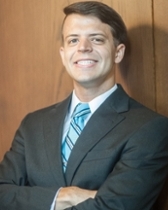
Adam Beyt, '12
"My religious studies major at Northwestern helped lay the groundwork for a career teaching, studying, and writing systematic theology."

"My religious studies major at Northwestern helped lay the groundwork for a career teaching, studying, and writing systematic theology."
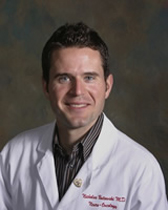
“The knowledge base provided by my major {Religion} led to a tenacity of purpose in my endeavor to improve the lives of my patients beyond that provided by medical treatments alone.”
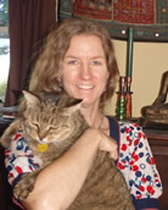
“On a professional and personal level, I attribute my development of interpersonal skills and ability to empathize in large part to learning about such a fundamental human and cultural phenomenon.”

“Within a week of attending Professor Orsi’s ‘American Religion’, I gained both a stark sense of ignorance and a palpable excitement.”
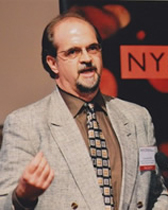
“Religion is one of those uniquely human attributes, dependent upon a complexity of cognitive ability and contemplation that has a broad impact traversing political, social, and cultural boundaries.”
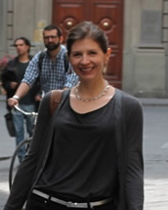
“Having grown up agnostic in a very religious Southern town, I’d often felt like a confused outsider, and Religion courses enabled me to explore some of those experiences in academic and ethnographic ways.”
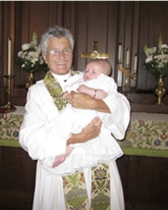
“Threading through my entire life has been the sense that I wanted to know the meaning of the 'whole' - wanted to find something to which everything else would relate, to which everything was connected … Religion (from the root meaning 'to bind back') was the only discipline that had the 'whole' embedded in its subject matter.”
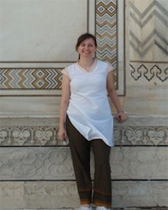
“Five years into my graduate degree in Religious Studies, nine years after I first enrolled in a Religious Studies class at Northwestern, I still find no other endeavor as engaging, enriching, and enthralling as the study of religion.”
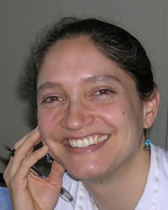
“Recent world events only reinforce the importance of understanding the potential of religion at its best and the peril of religion at its worst.”
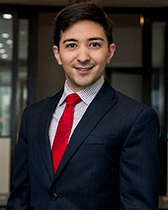
“After graduating from the Religious Studies program in 2011, I enrolled in the Entertainment, Media, and Intellectual Property specialization at UCLA School of Law.”
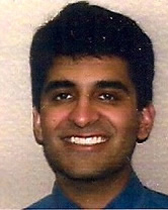
“Comparative religious studies was a window into the most important questions humankind has ever posed--why are we here, how do we make sense of and transcend suffering… Though my trade is now medicine, I continue to wrestle with these questions, both at work and outside of it.”
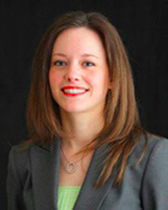
“One of my favorite aspects of Religious Studies, second only to the stellar faculty, was the multi-disciplinary approach which drew on and integrated religion and theology with sociology, psychology, philosophy, history, economics, politics, women's studies, environmental studies, pop culture, current events...and the list goes on.”
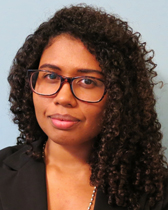
“In all, I graduated with immense confidence in my ability to conduct strenuous research independently, author a compelling narrative of my ideas, and productively transform my intellectual curiosity into new ventures.”
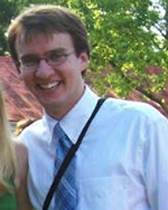
“You should study religion if you really want to dive down into the heart of the mystery of what it means to be alive, the great existential dilemma of having to live a life that is limited.”
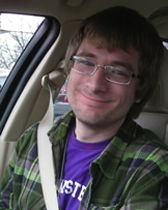
“Texts and lectures encouraged me to temporarily bracket my own views and imagine the world through the lens of another religion. This exercise of empathy- understanding without necessarily agreeing—was valuable in my own growth as a person, but was also an excellent way to learn about other religious traditions.”
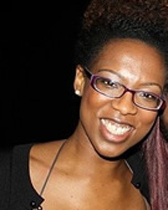
“Having a greater purview of others’ religious observances brings what might have been surface level interactions to a deeper level more quickly. I could not be happier with my choice of study—it benefits me every day.”
“What I learned at N.U. was phenomenology (respect, careful listening, and suspension of judgment), all important for thriving in the 21st Century.”
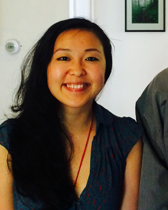
“I am currently a third year medical student at NYU School of Medicine and I still reflect frequently on how valuable, enlightening, and precious my undergraduate studies of religion were.”
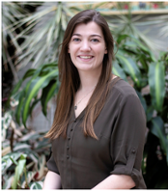
“As a theatre major, I found interesting parallels between the realms of religious studies and theatre, and I have been exploring the intersections of the two fields ever since.”